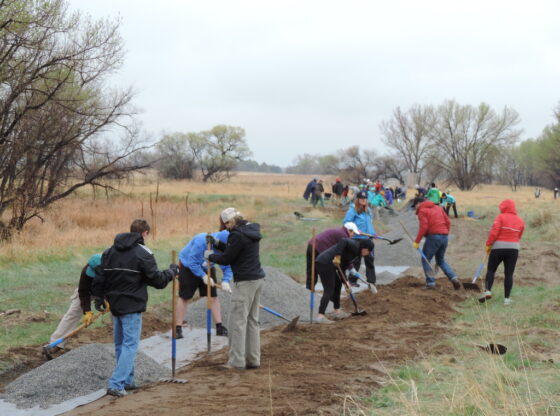For many, driving is just another part of day-to-day life. Commuting from home to work, grocery store to the park or school to church, driving for many is second nature. When you get home after a long day, you hit your bed and that’s that.
However, recent studies conducted by Sleep Junkie suggest otherwise. According to a study conducted by the organization, 795 people were killed by “drowsy driving” in the nation during 2017 alone. Out of all 50 states, Colorado rests at an uneasy no.3 in the nation, slowly trailing behind the neighboring state of Wyoming, which ranks no.1.
Even scarier is that Colorado was also no.5 in the “largest increase in sleep-related driving fatalities” in the nation. In fact, Colorado had a 2.2 percent increase in drowsy driving fatalities from the year 2016 to 2017, according to the Sleep Junkie report. In other words, it looks like Colorado is in the hot seat when it comes to this issue.
While many students take the light rail while travelling around Denver, and many walk for classes around campus, that doesn’t mean that this fatigue isn’t known to both students and teachers alike.
As a student with a car on campus, Stevie Ostman, first-year Psychology and Biology double major from Phoenix, Ariz., was incredibly shocked to hear about these statistics, especially in relation to Colorado.
“I drive five out of the seven days of the week,” Ostman said. “There have been times where I’ve felt tired while driving, but that’s when a driver should decide to pull over. I’ve most certainly never fallen asleep behind the wheel.”
When asked why she was shocked Colorado ranked so high, Ostman said she thought that the “roads are scary here,” and that the difficulty of navigating through Colorado would perhaps discourage drivers from driving while they were too fatigued.
“It seems a lot of people here are visitors or passing through Colorado on road trips, so maybe that is why there is an increased rate in those types of fatalities,” Ostman said.
Ostman’s reasoning behind increased drowsy driving fatalities may not be far off from the actual reason. According to Sleep Junkie, the highest spikes in sleep-induced car crashes occur during the summer months (in particular May through August), which also happens to be the time when many families get time off from work and school.
Regardless, may Colorado’s high ranking remind students, teachers and faculty alike that while they may be well-acquainted with the side effects of fatigue, it’s still important to know when that fatigue could potentially impair them from living a healthy life on and off the road.











